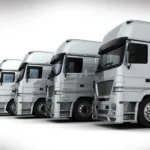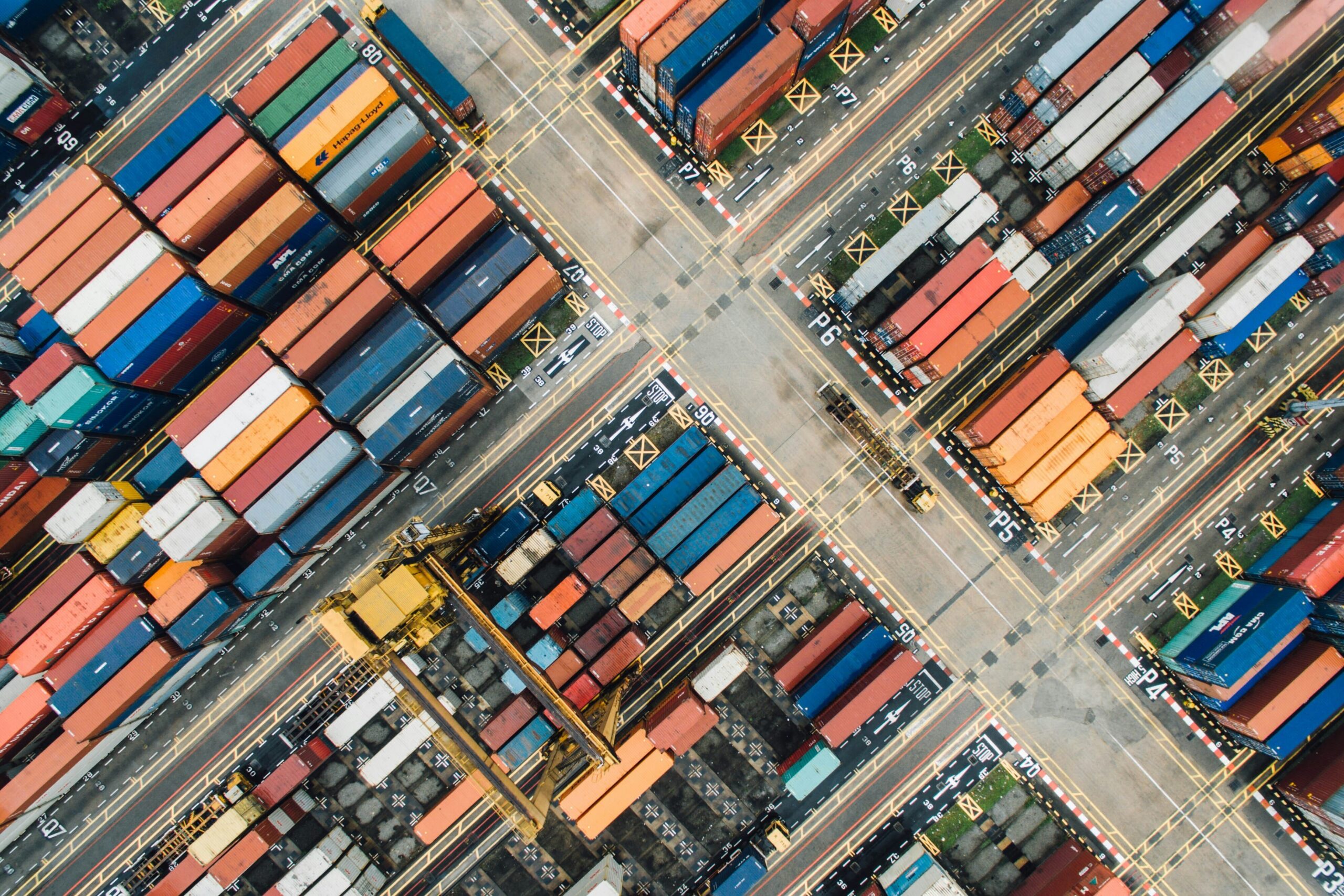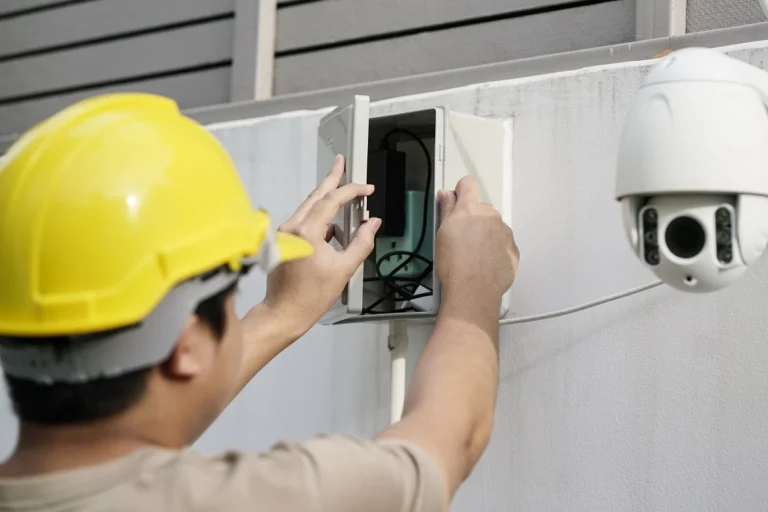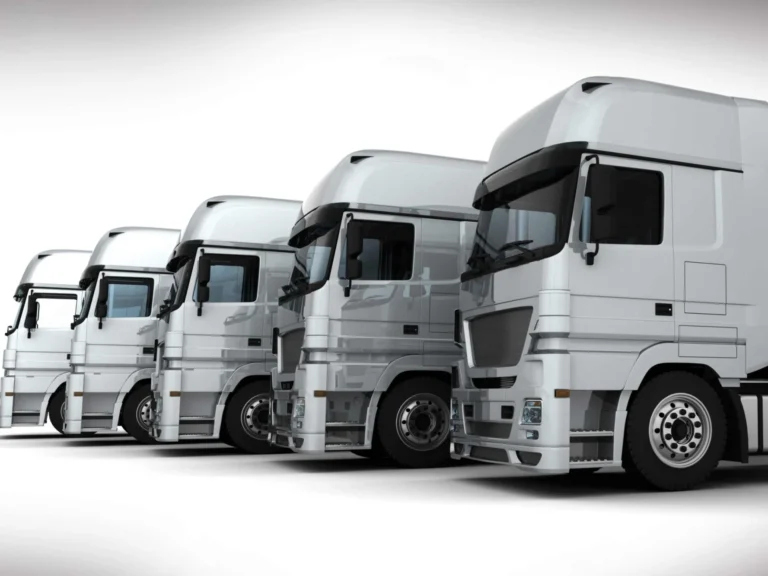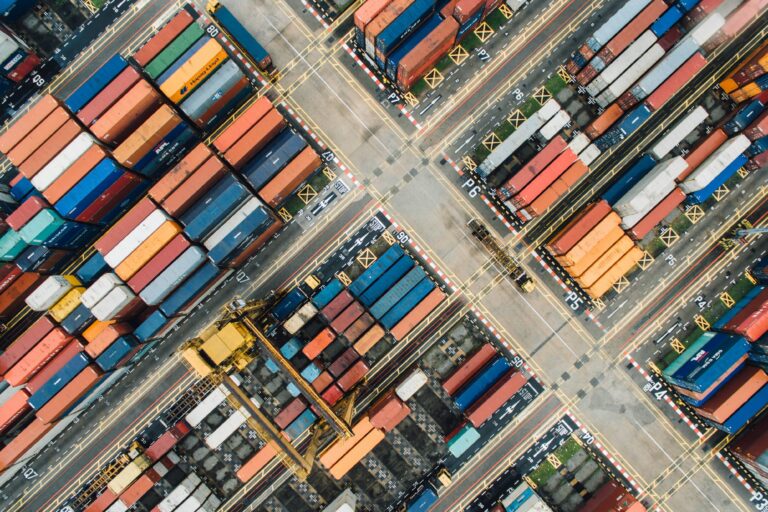Day: June 22, 2025
Smart Logistics Solutions Streamlining App-Based Deliveries for Modern Business Models
Businesses are changing the way they handle logistics by using technology to provide delivery solutions that match the needs of their customers. Logistics platforms that run on apps are changing the way things work by letting you track things in real time, change your schedule, and find the best path. These new tools not only save time, but they also make costs clear. For example, the transportify rate per km tool gives you a fast estimate. Modern logistics systems work with how firms move goods between cities and islands, whether they are sending a lot of them or just one.
Tech-Enabled Delivery Advantages
Logistics platforms that use apps do more than just make things easier; they also make things clearer. Companies can plan deliveries, assign trucks, keep track of shipments, and get updates all in one place. This integration gets rid of paperwork, delays, and misunderstandings. Automation makes it less necessary to coordinate things by hand in industries with a lot of deliveries. Features like real-time GPS tracking and digital proof of delivery make sure that every transaction can be seen and checked. These tools also make people more responsible by keeping both the sender and the receiver up to date at all times.
Flexible Services for All Sizes

Different industries have different logistics needs, such as retail, food delivery, manufacturing, and distribution. Delivery apps let businesses choose the size of the vehicle and the amount of service they need based on the job. Users can customize services to meet their needs, whether they are sending little packages or massive pallet loads. Businesses may better plan their budgets and keep costs down with features including clear pricing, such as the transportify rate per km. This clarity lets even small businesses plan their routes and set their budgets without having to worry about hidden costs or changing rates.
Aligning With Business Innovation
Business models nowadays need to be quick, flexible, and able to change. Logistics needs to keep up with e-commerce sites, subscription services, and same-day delivery to stores. App-based systems make it easier to meet changing client needs without using too many of your own resources.
organizations may focus more on product, marketing, and growth when they hire tech-enabled organizations to handle logistics. Logistics are in line with the overall business plan thanks to seamless integration, easy-to-use interfaces, and real-time data. In the end, smart logistics changes delivery from something that has to be done in the back end to something that gives you a competitive edge at the front end.





